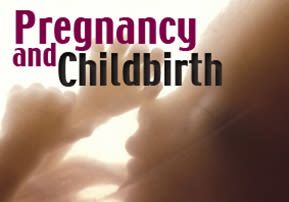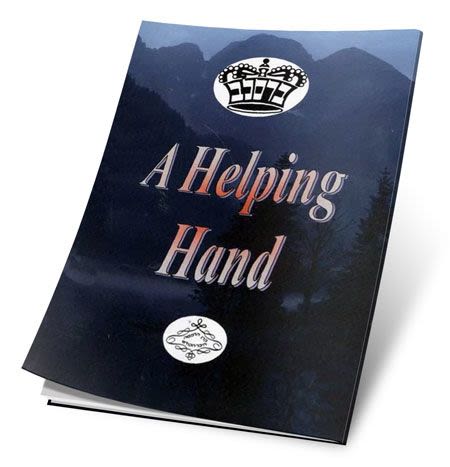
Pregnancy and Childbirth
Lesson Seven in The Laws of Family Purity deals with the various days of anticipation during pregnancy, as well as the ritually unclean days after childbirth.

The Laws of Family Purity, Part 7
51. If a woman is told by her doctor that she is pregnant, does she still have to separate from her husband on the various days of anticipation?
If a woman is told by her doctor that she is definitely pregnant before her third month of pregnancy is completed, it would be best for her to separate from her husband on the days when she anticipates her period, just the same as when she is not pregnant.
52. A woman is told she is pregnant, and she has an Irregular Period. How should she now anticipate her period?
In the first month of pregnancy, the woman does have to anticipate her period on her Interval Date (yom haflagah), as well as the same date of the Hebrew month (yom hachodesh), and the 30th and 31st day the Average Cycle (ona beinonis). However, if she does not receive her period that month (which is usually the case when a woman is pregnant), then there is no Interval Date (yom haflagah) to anticipate for the next month. (This is because the Interval Date is counted from the day the woman’s period begins, and if she did not have a period, she has no date from which to start counting.) Likewise, there will be no yom hachodesh or ona beinonis, so this woman will no longer have any days of anticipation during her pregnancy.
However, if the woman does have a period in the first month of her pregnancy, she will have to again anticipate her period on the yom haflagah, the yom hachodesh, and the ona beinonis.
53. What is the procedure for a pregnant woman who had a Regular Period?
A woman who had a Regular Period has to anticipate her period during the first three months of pregnancy, even if her period does not come during that time.
54. How long after childbirth does a woman remain a Nidah?
After giving birth to a baby girl, a woman must wait at least 14 days before going to the Mikvah. After giving birth to a baby boy, a woman must wait seven days. Included in the 14 or 7 days would have to be the counting of the woman’s seven clean days. This waiting period applies even if the woman has had no bleeding at all during the childbirth. When a woman has a miscarriage and the sex of the child cannot be determined, she has to be more stringent and wait at least 14 days before going to the Mikvah, even if she already counted her seven clean days.
It should be added, however, that in reality most women stain for much longer than 7 to 14 days. They, therefore, must wait a longer time until they can go to the Mikvah.
It should be understood, though, that a woman is not yet in a condition where she can have relations with her husband immediately after childbirth. She should consult her doctor regarding this.
55. After giving birth to a girl, if a woman is able to count her seven clean days before the 14-day waiting period is over, can she go to the Mikvah?
No. She must wait until after the 14th day. After the birth of a boy, however, if a woman can count her seven clean days immediately, she can go to the Mikvah. As mentioned above, these cases are actually very rare since most women stain for much longer after childbirth.
56. What is the Halachah for a woman who gives birth by Cesarean section?
If the woman has no vaginal bleeding, she remains clean and does not have to go to the Mikvah.
57. Can a woman establish a Regular Period during the 24 months after childbirth?
During the 24 months after childbirth, a woman cannot fully establish a Regular Period. Therefore, if during these 24 months the woman has a Regular Period, she only has to separate from her husband on the day of her expected period. However, if her Regular Period changes even one time, she has the status of a woman with an Irregular Period. The next month, she has to anticipate her period on the yom hachodesh (same day of the Hebrew month), as well as on the yom haflagah (Interval Date). There is a question among the Poski’m if she has to separate on the Average Cycle onah beinonis (30th and 31st day). Therefore, a Rav should be consulted. (2)
58. if a woman had a regular Period before becoming pregnant, does she have to anticipate this Regular Period after childbirth?
When the 24-month period after childbirth is completed, the woman does have to anticipate her period and separate from her husband on the day on which she used to have her Regular Period before pregnancy.
We see from this how important it is for a woman to keep the calendars on which she records her periods for a number of years.
To be continued.
(Reprinted with kind permission of Yeshivat Neveh Tzion and www.neveh.org)









Tell us what you think!
Thank you for your comment!
It will be published after approval by the Editor.